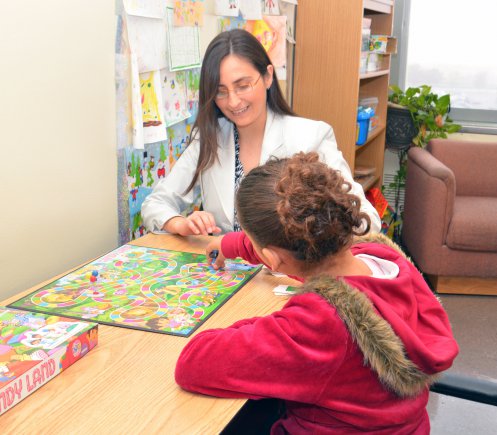Dealing with any developmental deficiency can cause complicated and conflicting issues within the person and their families. Each type of disorder is not tailored-cut where attention and support are made all throughout every affected individual. There are also those persons, the “gifted ones,” that are explicitly considered unique and may need more interventions than what medical literature has to offer.

Savant syndrome is a rare, but impressive, which the individual presents a variety and astounding isles of talent, intelligence, and skill that are not even imaginable to a regular person. This condition can be inborn or can be possibly obtained in the latter part of childhood until adulthood. As rare as it may occur, this condition can be observed in approximately 1 out of 10 persons with autistic disorder. While it may occur in less than 1% of people with other forms of developmental disability, mental disorder, and brain injury. Therefore, savant syndrome still falls under the umbrella treatment of autism disorder.
Types of Savants

The behaviors of a person with savant syndrome include extreme preoccupation and memorization of any object, events, or situations. Records show that they can memorize license plates, geographical locations, and historical timelines. On the other hand, talented savants possess exceptional skills in music, art, and mathematics. While prodigious savants are those persons with the extremely rare ability which their skill or talent is outstanding even if it were to occur in an average person, they are considered the “genius” in their kind.
Should Not Be Treated A Disease
Savant Syndrome has been an intriguing cognitive observable fact. Though it might be rare among the people with the cognitive dysfunctions, it is still a flash of brilliance to behold that despite being cognitively challenged, there is always something astonishing and beyond belief, the skill possessed by these mentally challenged persons. With its presentations, experts believe that savant syndrome is not a disease itself. With the presenting talents and jaw-dropping skills, it can be more treated as a gift rather than a disorder. Nonetheless, persons with savant syndrome often display inappropriate social relations and problems with communication or expressing themselves. This is the contrasting picture of savant syndrome.
Focus of Treatment

Child psychologists believe that treatment should be similar to those with ASD or Asperger’s disorder – the underlying conditions are managed, and therapy is put in place.
Social skills are also taught especially how to communicate and express their feelings. Sometimes, they go into mental breakdown if they feel that they are not understood, or they are unable to convey the right message across. As frustration sets in, behavioral outbursts are sometimes very hard to control.
The extraordinary skills that they possess can be used to help them establish social engagement to improve communicative skills, social relationships, and familiarity with the usual daily living activities. By working on improving this area of deficiency, savant skills can serve as a pathway toward a functional life wherein the person has learned empowered skills to express, convey, communicate and socialize with other people in the community.